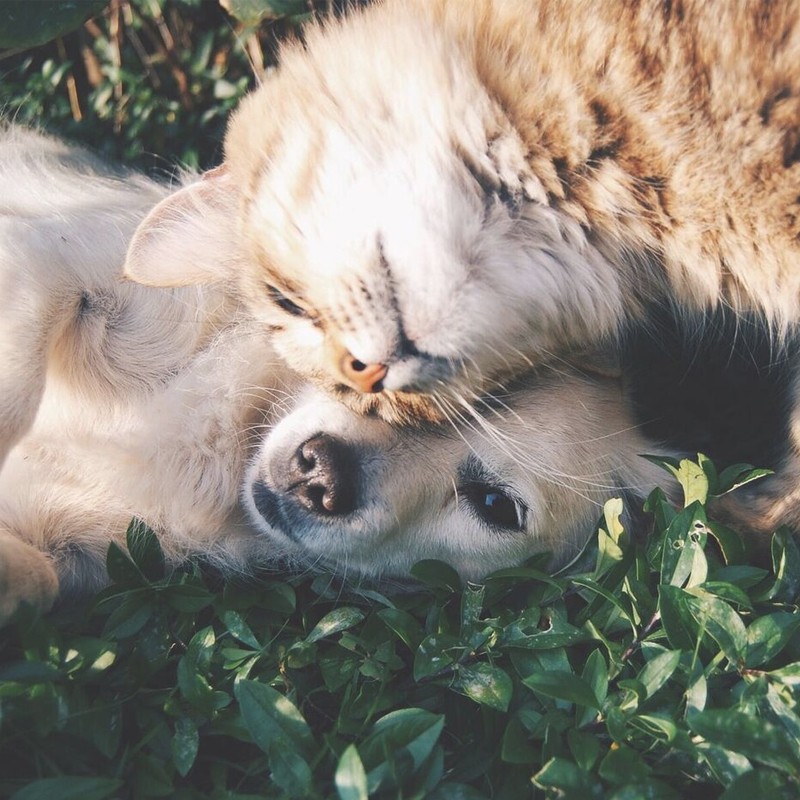The Most Popular Dog & Cat Names Of 2018
THE MOST POPULAR DOG NAMES:
- Poppy
- Bella
- Molly
- Alfie
- Charlie
- Daisy
- Rosie
- Teddy
- Lola
- Millie
THE MOST POPULAR CAT NAMES:
- Bella
- Tilly
- Lola
- Coco
- Daisy
- Poppy
- Luna
- Molly
- Rosie
- Phoebe
It seems modern day pet owners aren’t differentiating when it comes to naming their feline friends or canine pals – with Poppy, Bella, Molly, Rosie and Lola popping up in both camps. And, funnily enough, quite a few of the names also made it onto this year’s lists of top baby names.
For baby boys born in 2018, Charlie ranks as the 6th most popular name, Alfie 8th and Teddy 27th. And for new baby girls, Poppy came in 11th, Daisy 16th, Phoebe 26th and Lola 44th. Give it a few years and we’re predicting a lot of confusion at the park…
And for whether pets actually know their names, the jury’s still out. While most dogs respond with enthusiasm when their name is called, many experts believe this is down to habit or tone of voice – one study found that only 30% of dogs actually knew their name, especially in houses with multiple dogs and children. However a new study has shown that dogs use the left hemisphere of their brain to process the meaning of words, and their right side to work out the intonation – exactly the same way humans process language, meaning they could understand what we’re saying.
When it comes to cats, the same can’t be said. But as cat behaviour expert Anita Kelsey told Metro.co.uk, they do respond to tone and repetition. “People call their cats using a different tone and they recognise the tone and sound meaning that attention from their human is going to follow,” she explained. “The repetitiveness of a name can result in a cat responding, simply because they’ve been conditioned to expect attention from their owner afterwards.”
However, as one 2013 study from the University of Tokyo discovered, although pet felines are perfectly capable of recognising their owner’s voice, they largely choose to ignore it. That’s cats for you.
DISCLAIMER: We endeavour to always credit the correct original source of every image we use. If you think a credit may be incorrect, please contact us at info@sheerluxe.com.


